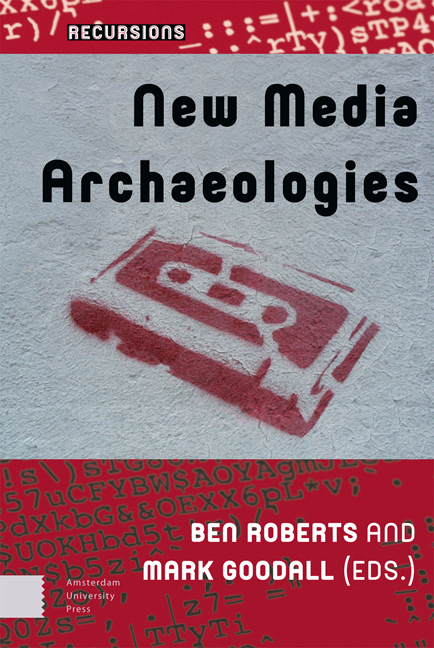4 - (game)(code): re-playing program listings from 1980s British computer magazines
Summary
Abstract
Using examples from 1980s British computing magazines and emulators such as BeebEm and Spectaculator this chapter will trace example program listings only available in printed form in order to ‘bring them back to life’. Recent emulation efforts, in order to preserve content provide a means for people to engage with the original platform in a modified form on a more contemporary machine. This chapter examines the role of emulation and the availability of the archive in a different light and will explore the spaces in between the combinations of code, object, and interaction (Lowood 2002) as magazine listings are ‘bought back to life’ through the emulation process. Discussions of both the archive and related emulation practices will allow for an “alternative history” of computer games to be exposed through the lens of media archaeology (see Parikka, 2012, Huhtamo, 2011).
Keywords: Media Archaeology, Videogames, Software Studies, Game History, Archives
Introduction
Conversations, articles and debates about how and why we should preserve computer game content have been developing over the last fifteen or so years, for nearly as long as the discipline of ‘game studies’ (Aarseth, 2001) has been interested in defining itself as a field for the study, design, and analysis of games. Situated within the category of born digital content, computer games have raised numerous issues and debates about how we can and might preserve these artefacts for years to come (Lowood, 2002; Newman, 2012). In parallel to this, games have also been recognized as part of histories of software (Campbell-Kelly, 2004) or as ways of highlighting the affordances of particular platforms (Montfort and Bogost, 2009) as well as developing work on the history of games across various countries. Histories of digital games are discussed in terms of their materiality, instruction manuals, box art, walkthroughs, and design documents, amongst other factors. These histories provide us with recorded insights into game development, use, and play. However, given that bit rot and digital decay are inevitable, it is possible that some of the original storage media for game content, such as cassette tapes and floppy disks, may no longer exist.
Information
- Type
- Chapter
- Information
- New Media Archaeologies , pp. 83 - 104Publisher: Amsterdam University PressPrint publication year: 2019
